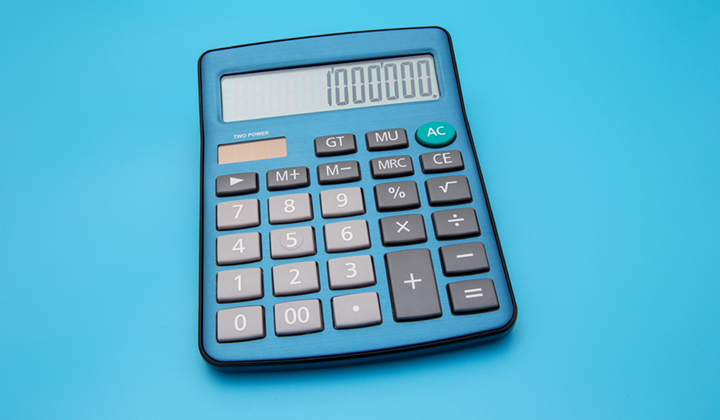What should you know about earnings-related pensions if you are an independent worker
- Do you employ yourself by doing gigs?
- Do you invoice your customers via an invoicing service platform?
- Do you work as a self-employed person without having your own business or a business ID?
- Do you agree on or accept assignments via an application or an online service?
- Do you work as an independent worker?
Independent workers, as other workers, are to be insured either under the Self-employed Persons’ Pensions Act or the Employees Pensions Act. Taking out earnings-related pension insurance is prescribed by law.
Earnings-related pension insurance is the key to earnings-related social security. When you are insured, you earn pension and may qualify for the sickness and daily allowances for parents.
FAQs about pensions for independent workers
You are an independent worker if you employ yourself, set the price for your own work, secure your customers and handle your customer invoicing via an invoicing service platform. As an independent worker, you work like a self-employed person but you lack a business of your own or a business ID.
Independent workers are not defined in the earnings-related pension acts.
As an independent worker, you may be a self-employed person. You are self-employed if you engage in gainful employment in other ways than in an employment relationship or as a civil servant.
As an independent worker, you may be an employee. You are an employee if you work in an employment relationship.
The earnings-related pension acts determine who are employees and who are self-employed persons.
Under the Employees Pensions Act, you are an employee if you work in an employment relationship. You work in an employment relationship if you are, based on a contract, committed to do the work in person for your employer, under the direction and supervision of your employer, and in return for remuneration. You are in an employment relationship if these characteristics are met in your work.
In an employment relationship, your employer decides what work you do, when, where and how. Your employer has the right to direct and supervise the work that you do. Your employer pays you a wage for the work you do on its behalf.
Under the Self-employed Persons’ Pensions Act, you are a self-employed person if you engage in gainful employment in other ways than in an employment relationship or as a civil servant.
If you are self-employed, you work for yourself. As a rule, as a self-employed person you decide yourself what assignments you accept and set the price for your work on your own. As a rule, as a self-employed person you secure your own customers and agree with them on the work and the remuneration.
As a self-employed person, you often sell or market your own services. As a rule, as a self-employed person, you are liable for any mistakes you make in the assignments that you carry out. Your self-employment may also involve investments and, as a self-employed person, you carry the risks yourself.
If you are a self-employed person when you work as an independent worker, you are responsible for taking out pension insurance under the Self-employed Persons’ Pensions Act for your work.
If you work in an employment relationship when you work as an independent worker, your employer takes out earnings-related pension insurance for your work.
As an independent worker, you should make sure you and the ordering party agree on who is responsible for your pension insurance already when you accept an assignment. If necessary, you can turn to a professional for help to establish whether you are an employee or a self-employed person and how the pension acts view your situation and how your work should be insured.
The statutory obligation to take out earnings-related pension insurance remains even if you and the order party agree that the insurance obligation deviates from what is stipulated in the law.
For guidance on earnings-related pension insurance, contact a pension provider or the Finnish Centre for Pensions.
It isn’t. As an independent worker, you are subject to the same earnings-related pension insurance rules as other self-employed persons.
There is no special pension act for independent workers which would include lighter rules for earnings-related pension insurance that would deviate from the regular rules for self-employed persons.
If, as an independent worker, you are a self-employed person as referred to in the Self-employed Persons’ Pensions Act, you fall subject to that act.
No. Using an invoicing service platform to invoice your customers does not automatically mean that you are a self-employed person and that you do the invoiced work as a self-employed person.
Using several invoicing service platforms does not affect whether you are viewed as a self-employed person or an employee as far as earnings-related pension insurance is concerned.
When you use several invoicing service platforms and work as a self-employed person, you should keep an eye on your overall invoicing and assess together with your pension insurance company whether you meet the requirements for mandatory insurance under the Self-employed Persons’ Pensions Act. Insurance under the Self-employed Persons’ Pensions Act covers all self-employment.
If the requirements for mandatory insurance under the Self-employed Persons’ Pensions Act are met, then yes.

Info on pensions for the self-employed
Read more about pension insurance for the self-employed, how to set your pension-declared income, how you earn pension and how your pension contributions are determined, as well as how your social security is determined based on your pension insurance.
